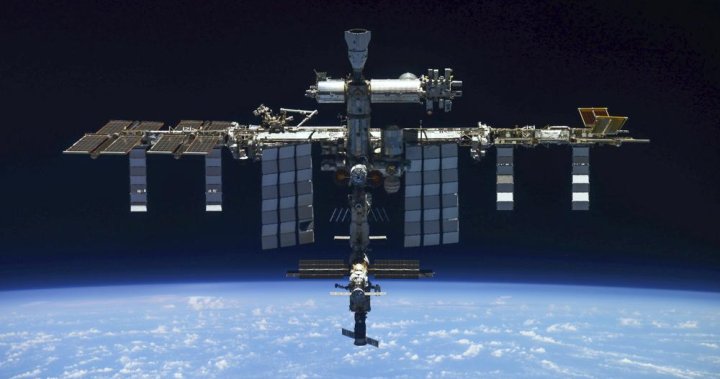
Do stem cells grow better in space? Here’s what researchers say
Global News
Researcher Dhruv Sareen's own stem cells are now orbiting the Earth. The mission? To test whether they'll grow better in zero gravity.
Researcher Dhruv Sareen’s own stem cells are now orbiting the Earth. The mission? To test whether they’ll grow better in zero gravity.
Scientists at Cedars-Sinai Medical Center in Los Angeles are trying to find new ways to produce huge batches of a type of stem cell that can generate nearly any other type of cell in the body– and potentially be used to make treatments for many diseases. The cells arrived over the weekend at the International Space Station on a supply ship.
“I don’t think I would be able to pay whatever it costs now” to take a private ride to space, Sareen said. “At least a part of me in cells can go up!”
The experiment is the latest research project that involves shooting stem cells into space. Some, like this one, aim to overcome the terrestrial difficulty of mass producing the cells. Others explore how space travel impacts the cells in the body. And some help better understand diseases such as cancer.
“By pushing the boundaries like this, it’s knowledge and it’s science and it’s learning,” said Clive Svendsen, executive director of Cedars-Sinai’s Regenerative Medicine Institute.
Six earlier projects from the U.S., China and Italy sent up various types of stem cells– including his team’s study of the effects of microgravity on cell-level heart function, said Dr. Joseph Wu of Stanford University, who directs the Stanford Cardiovascular Institute. Wu helped coordinate a series of programs on space-based stem cell research last year.
Earthly applications of much of this research may be a little ways off.
At this point, the only stem cell-based products approved by the Food and Drug Administration contain blood-forming stem cells from umbilical cord blood for patients with blood disorders such as certain cases of lymphoma. There are no approved therapies using the kind of stem cells being sent to space or others derived from them, said Jeffrey Millman, a biomedical engineering expert at Washington University in St. Louis.
